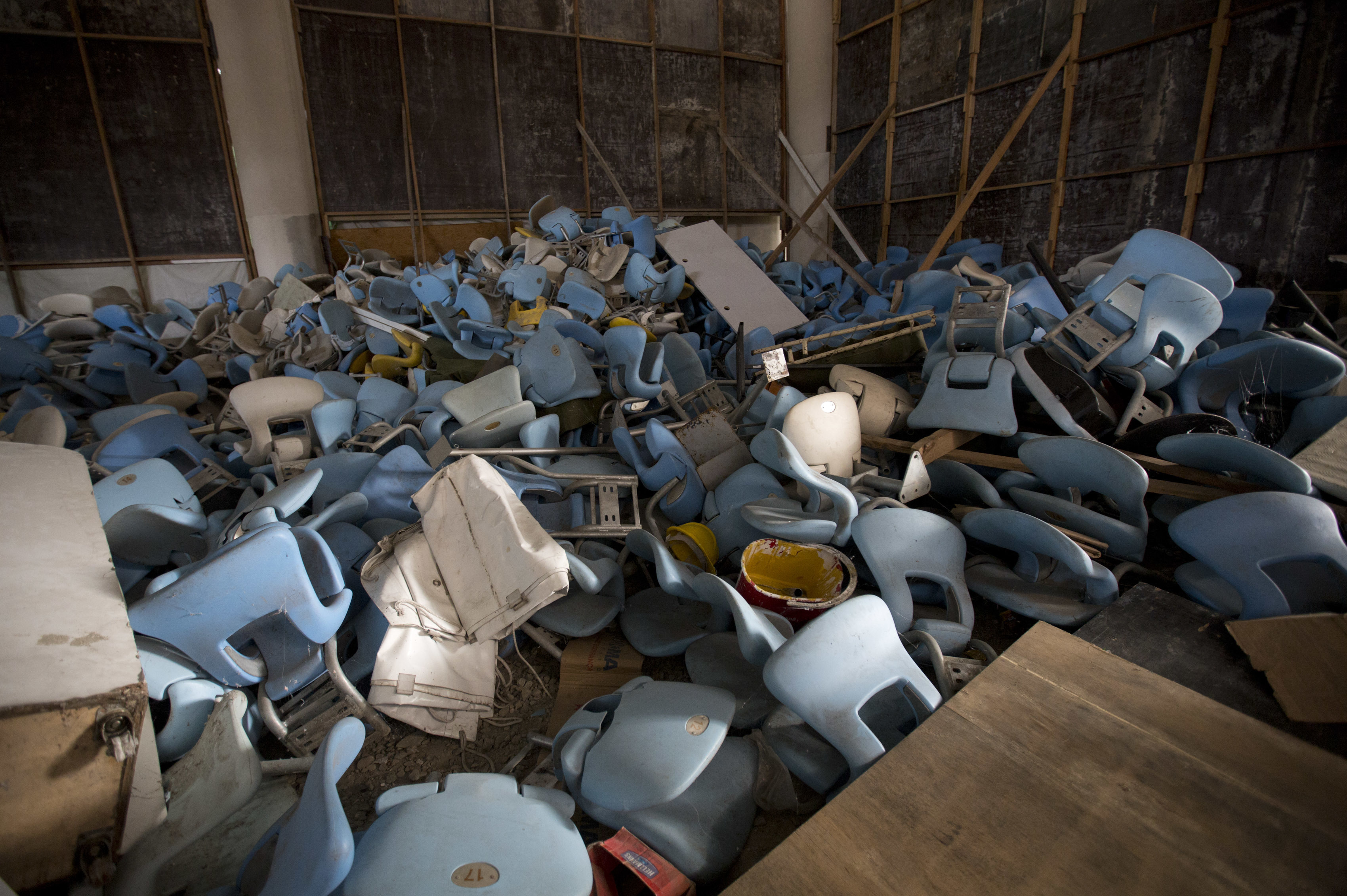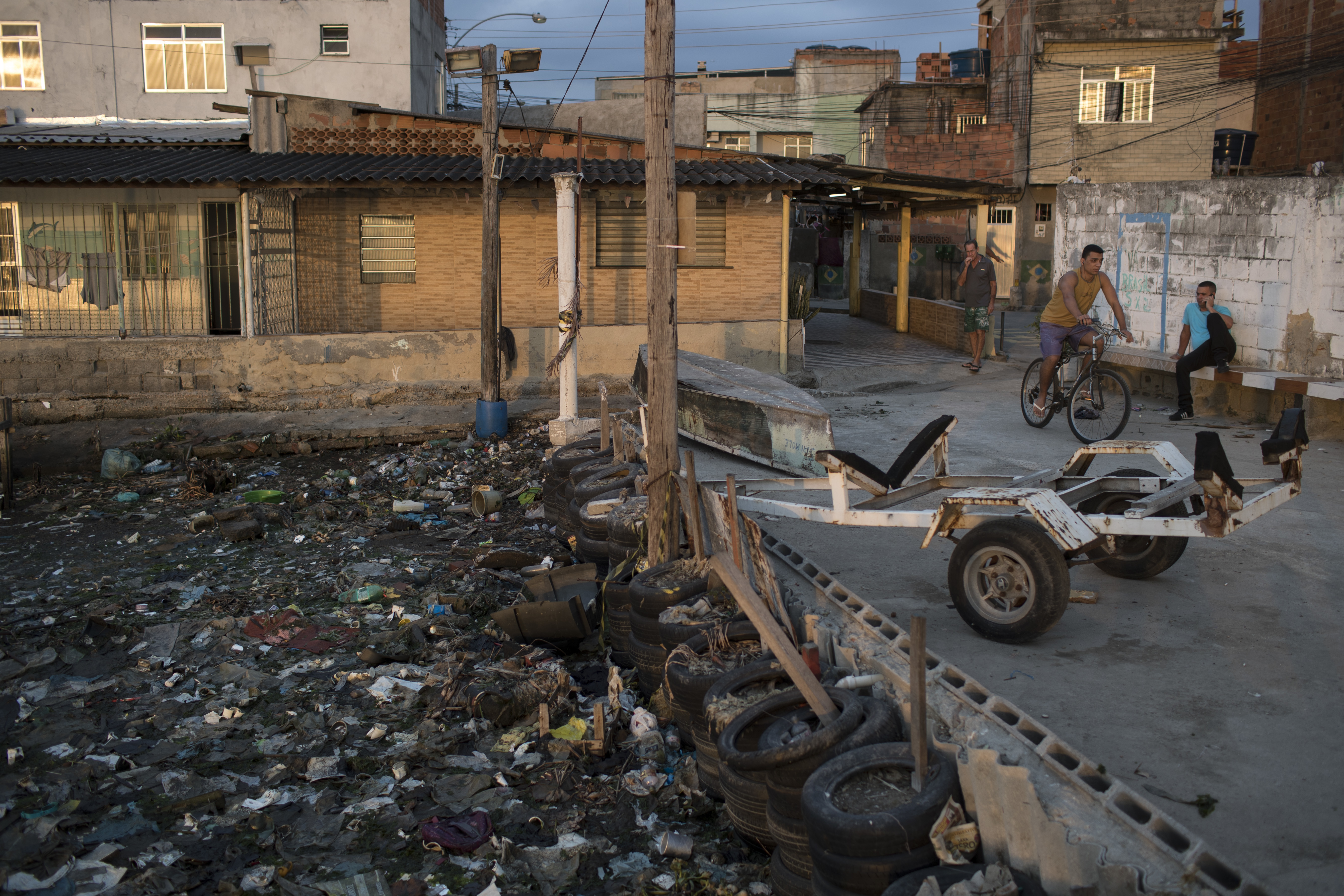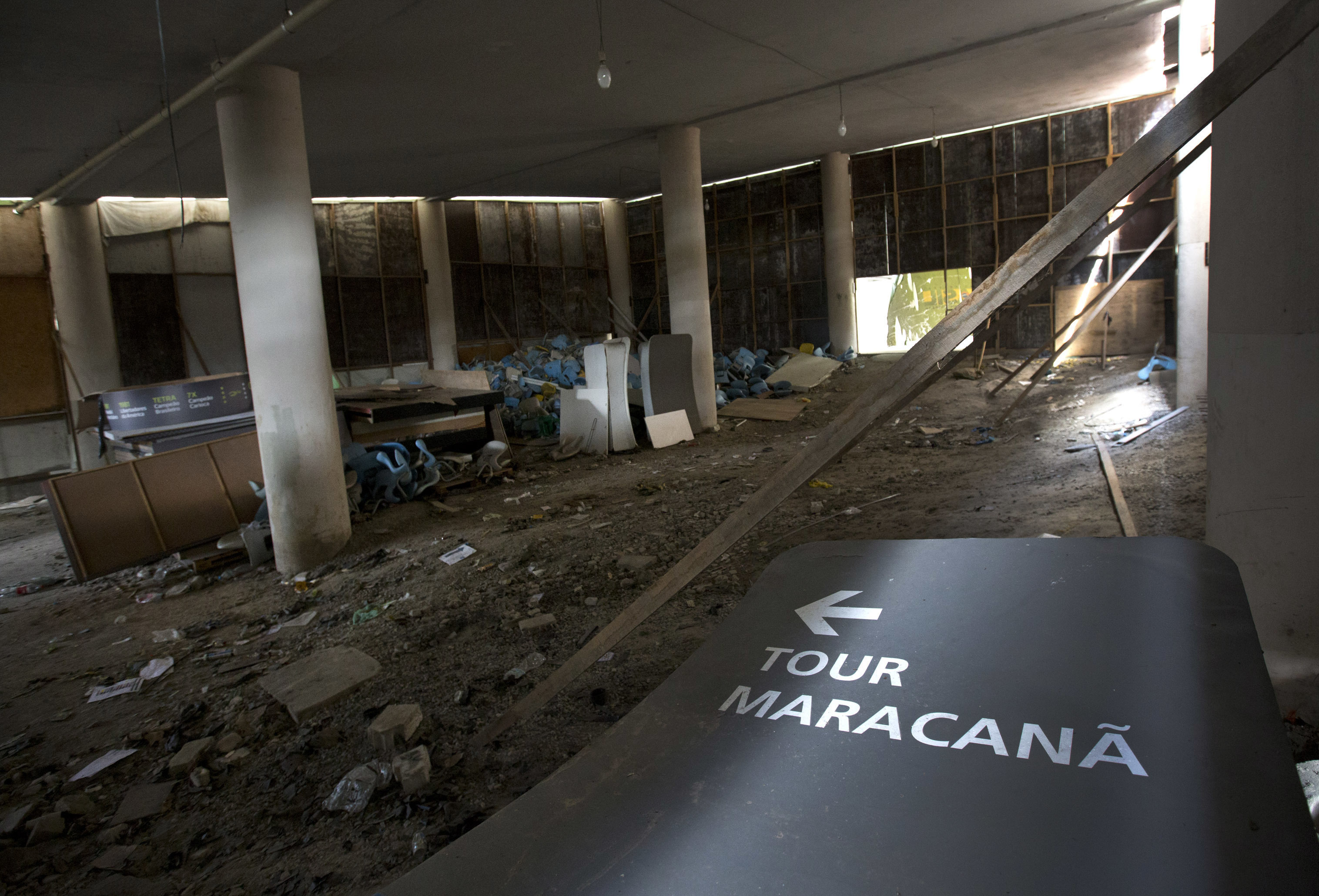These Photos of Rio Have People Asking: Were the Olympics Worth It?

By:
Only six months after the Rio Olympics, the Olympic stadium and village look like they're straight out of a dystopian horror film.
 AP - apimages.com
AP - apimages.com
According to Gizmodo, both the Olympic grounds and the nearby favelas that were supposed to be cleaned up for the Olympics are in shambles. Rivers of sewage literally flow through the streets while the Olympic grounds are falling apart and covered in trash.
 AP - apimages.com
AP - apimages.com
Did Rio get anything out of this?
One of the main reasons Brazil decided to host the Olympics was to show off the country's beauty and strength — and to boost the economy. However, the Olympics have proven to be a bust for the country.
The final price tag for the event was over $12 billion, and a cost that comes as the nation deals with a lagging economy and an ongoing political crisis following the ouster of its last elected president.
 AP - apimages.com
AP - apimages.com
As The Guardian noted in August, there were some good things that came from hosting the Olympics. Tourism numbers did go up, many goods were sold, and the event was considered a success, overall. However, there's cause for concern, too. From The Guardian:
But there was also plenty of evidence for critics who say the bloated mega-event causes more harm than good: massive spending on stadiums at a time when the government can barely afford wages for doctors and teachers, a huge security presence that protected rich foreigners at the expense of poor residents, dismal crowds that suggested most locals were uninterested in most sports, and massive inequality between the £700 a day payments to International Olympic Committee executives and the £10 a day earnings of cleaners in the Olympic village.
According to The Economist, it's almost never a good idea for a city to host a sporting mega event — the costs almost always outweigh the benefits. One of the reasons for this, the magazine notes, is that organizations like the International Olympic Committee (IOC) and FIFA tend to receive most of the profit.
 AP - apimages.com
AP - apimages.com
Cities also rarely get the kind of economic boom these organizations promise. The Economist notes that Beijing and London hosted the Olympics in 2008 and 2012, respectively, and their tourism numbers were actually worse than in years where they weren't hosting the games.
 AP - apimages.com
AP - apimages.com
As the Huffington Post explained last August, "there are few topics where you will find economists in agreement, but the desirability of public expenditures for the Olympics is one of them." The piece notes that governments generally take on a lot of debt from building infrastructure for the event, but the "whole venture yields either net losses or net gains so small that those sums would have been better spent elsewhere."
As with other big cities, critics of the Rio Olympics note that, instead of fancy new stadiums for tourists, politicians could have spent money addressing income inequality and crime.
